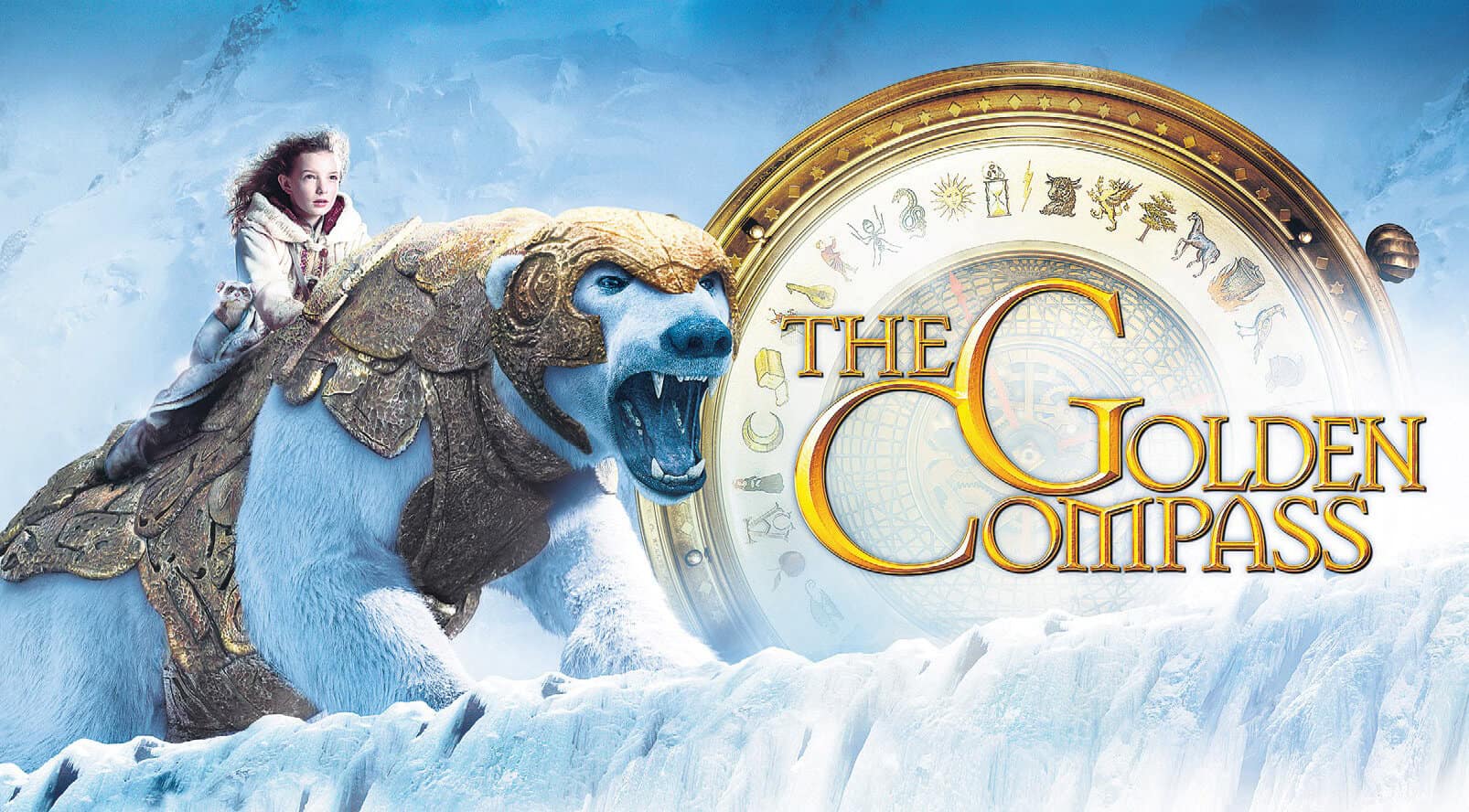Telstar is the powerful, often funny, but finally tragic story of Joe Meek (Con O’Neill in an extraordinary performance), an unorthodox, pioneering record producer in the early 1960s. Having already made a name for himself as a sound engineer, he set up a studio in a three-story flat above a luggage shop at 304 Holloway Road, London, where he invented many new recording techniques which revolutionised the music industry. With musicians and backing singers recording in different rooms, including the bathroom, it was frequently chaotic. The film starts in 1961 with songwriter and pianist Geoff Goddard (Tom Burke) arriving to meet Meek for the first time, and to record ‘Johnny Remember Me’ with television idol John Leyton (Callum Dixon) and Meek’s house band, The Outlaws. Geoff is shy, but is also in awe of Joe Meek. He feels a particular connection with him, partly because they share an interest in spiritualism. Joe claimed to have predicted the date of Buddy Holly’s death, and Geoff believes that his new song has come from Buddy Holly beyond the grave. Joe invites Geoff to a séance at which a Ouijah board apparently predicts that the song will be number one.
It quickly becomes clear that Meek is the centre of a whirl of activity, and that his energy and enthusiasm enables him to bring together talented aspiring musicians and produce great results from limited means. It is also evident that he has a hair-trigger temper, and can switch from being ebullient and cheerful one moment, to being angry and vitriolic the next. Joe is immensely talented and inventive, but so confident in his own abilities that he sees himself right and everyone else as wrong. When Brian Epstein rings up, wanting Meek to record his new band, The Beatles, Meek refuses, claiming that ‘they’re rubbish’. This self-confidence shades into self-obsession, and becomes increasingly problematic as he wants everything to revolve around him.
In bed one night, after watching a television news item about Telstar, the first communications satellite, a tune comes to Meek, which he eventually persuades his new band The Tornados and Goddard to record. It becomes an enormous hit, not only reaching the number one spot in the UK, but also in the USA – the first time for a British band and only the fourth time a British single had achieved this.
Central to The Tornados, at least for Joe Meek, is Heinz Burt (JJ Field). Joe is smitten with him, and before long the two begin a homosexual affair, arousing the jealousy of Geoff Goddard. But the other members of The Tornados resent, even despise, Heinz, contributing to rising tensions in Joe’s world. Meek’s life is becoming increasingly out of control. He is so desperate for homosexual encounters that he brings rent boys to the flat, and engages in casual sex on Hampstead Heath and in public toilets. In 1963, he is arrested for importuning for immoral purposes, which makes the front-page news and results in public shame for Meek, his social circle withdrawing from him, and blackmail. It begins to take its toll on Joe’s fragile state of mind.
He is well down a path to self-destruction; several of them, in fact. As well as his reckless pursuit of sexual gratification, his work life becomes ever more frenzied and he is increasingly given to angry outbursts. At the same time he is drawn further into occult practices, and comes to believe that he is possessed (though the film does not make this clear). He is also taking drugs, ‘some to help [him] think’ and ‘some to stop [him] thinking’. All of this is driven by his self-absorption, and it is little wonder that he becomes more and more paranoid. He suspects Decca of bugging his studio and accuses people of betraying his secrets, notably Clem Cattini (James Corden). When a French composer sues him for plagiarism on ‘Telstar’, his royalties are frozen, leading to spiralling debts. Joe seems increasingly intent on alienating everyone around him, despite the advice of his business partner Major Banks (Kevin Spacey) to, ‘Look after your men, Joe. They’re the only thing looking after you.’ He tells Geoff, ‘You’ve always been an embarrassment to me,’ and Heinz leaves him and finds a girlfriend.
Director/co-writer Nick Moran (who also co-wrote, with James Hicks, the West End stage play on which the film is based) flags up the downward trajectory of Joe’s life throughout the film with flash-forwards to his psychotic destruction of his world. Yet although we know where it’s all leading – perhaps because we do know – the degeneration into madness of this accomplished man is shocking and increasingly distressing. Meek seems to be a man who is intent on destroying everything in his life. Which raises the question, why?
There’s an incident in his childhood which he seems to see as defining him. When out playing in the woods he came across some phosphorus, left by the military it seems. He discovered that putting a little into his hands and clapping would produce a puff of smoke, but then he got too much on and his hands were badly burned. It’s a good metaphor for Joe’s life. He repeatedly goes too far and pays the price. But the significance of this incident goes further than simply being a metaphor. At the hospital, his hands are attended to by a kind, handsome doctor, and young Joe seems to have developed a crush on him. It is not uncommon for boys to go through a phase of developing or crushes on men or other boys. It is usually a brief phase which is connected with preadolescent awkwardness in relating to the opposite sex. But two factors in Joe’s early life make this much more significant. One which is not mentioned in the film is that Joe’s mother wanted a daughter and brought him up as a girl for the first four years of his life, resulting in him being isolated from most of his peers and feeling persecuted. The second is that Joe’s father was injured during the war, suffered from shell-shock and, it seems, became somewhat incapable as a father. So as well as having a confused sense of identity, he lacked the affirmation from the same-sex parent which is so important in normal development. And the good-looking doctor who gives Joe his full attention has a big impact on the boy, which finally sets the course of his sexuality.
This doesn’t explain everything about Joe Meek, of course, but his sexuality and his persecution complex are central to his life. The music business is one of the few areas of life in the 1960s where he could be somewhat open about his homosexuality, but he still feels the constant need to prove himself: to show that he is right, and that he can produce what nobody else can. He is deeply resentful of others constantly wanting things from him without giving anything back, though that is exactly what he does himself. At one point Joe complains that Heinz is the only one who loves him for himself, not for what they can get out of him, though we later discover that Joe is mistaken in this too. Towards the end of the film, Geoff Goddard laments, ‘This place used to radiate. . . . We created miracles here. . . . [but Joe] sucks out everyone’s energy like a vampire. I can see where he’s going: it’s dark . . . I fear it may cost him everything.’
While Joe Meek’s self-destructive slide into psychosis is exceptional, in some ways it is just a more pronounced form of tendencies which exist in all of us. All of Joe’s outward behaviour ultimately springs from his most fundamental problem, which is idolatry of himself. He comprehensively centres everything on himself: his yearning for gratification, his need to be right and to be in charge, his drive to be at the forefront. There is no room for God in Joe Meek’s life because it is full of him; he has ignored the first of the ten commandments – ‘You must not have any other god but me’ (Exodus 20:3) – and what Jesus identifies as the greatest commandments – ‘You must love the Lord your God with all your heart, all your soul, and all your mind,’ and ‘Love your neighbor as yourself.’ (Matthew 22:35–40). Instead he worships himself and puts his heart, soul and mind into pursuing money, sex, power and success. This is the most fundamentally destructive behaviour there is, since it is a wholehearted rejection of the God who alone can offer us meaning, purpose, fulfilment, peace, unconditional love and, crucially, redemption. All of us, like Meek, long for these things, but we look in all the wrong places. And unless we discover them in the right place – in God himself – we will miss out on redemption just as completely, though perhaps less spectacularly, as Joe Meek.


